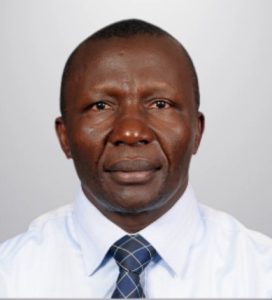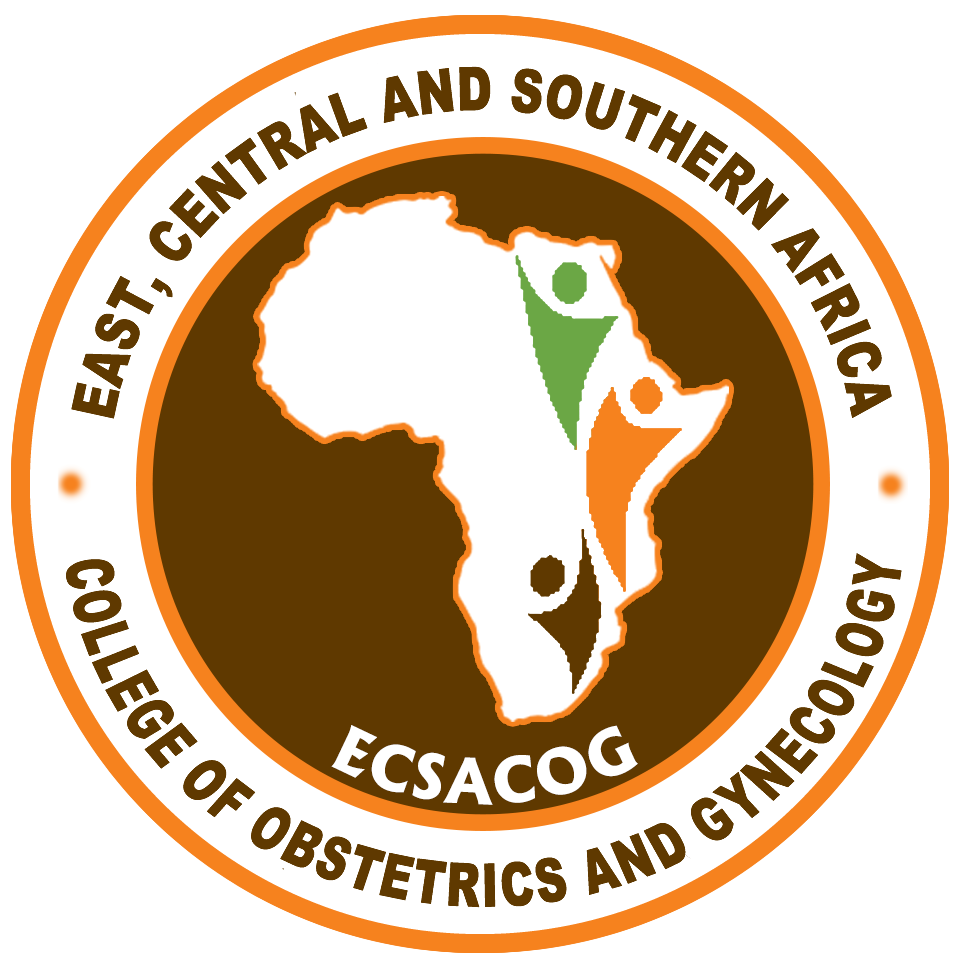
Chair of Finance and General Purposes Committee
Dr. Solomon Orero
Dr. Solomon Orero is a Health Specialist trained as obstetrician-gynaecologist. He received his MD and M.MED from the University of Nairobi and later did a postgraduate diploma in International Maternal Health from the Uppsala University in Sweden. Dr. Orero was a lead consultant for UNFPA in South Sudan and a senior technical advisor to various governments in Sub-Saharan Africa, international organizations and donor funded Family Planning/Reproductive, Maternal, Newborn, Child and Adolescent Health (FP/RMNCAH), Nutrition and WASH projects in South Sudan, Namibia and in Kenya both at National level and at county levels. He has been an advocate for reproductive health issues and rights within the Sub Saharan Africa for close to three decades. He was the Lead Consultant for Curriculum development/training of service providers in Emergency Obstetric and Neonatal Care; Training in PAC and PMTCT, Abortion Care and Comprehensive Post Abortion Family Planning in Kenya, Tanzania, Uganda, Eritrea, Southern Sudan, Namibia and Botswana. He also undertook consultancy roles with Pathfinder International Kenya and Marie Stopes Kenya.
Dr. Orero is a co-founder of Kisumu Medical and Education Trust (KMET) and sits in the Board of Trustees at KMET. He is a council member of East Central Southern African Obstetrics & Gynecological Society (ECSAOGS) where he is the convenor of the Finance and General Purposes Committee, He is a member of Kenya Obstetrical and Gynaecological Society (KOGS), Kenya Medical Association (KMA), Global NGO PAC consortiumn, African Institute of Health Transformation (AIHT), International Federation of Gynaecology and Obstetrics (FIGO), AFOG among others. Dr. Orero has co-authored over 10 publications related to RMNCAH. He has managed several integrated complex USAID funded programs in SRH and HIV/AIDS. He is currently the Chief Of Party of USAID Boresha jamii program in Western Kenya which is a 5 year USAID funded project being implemented in four counties in Western Kenya.
